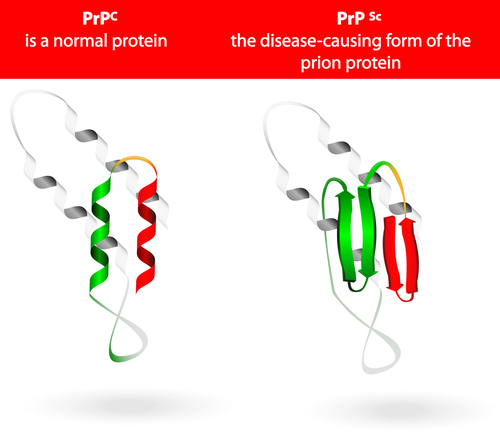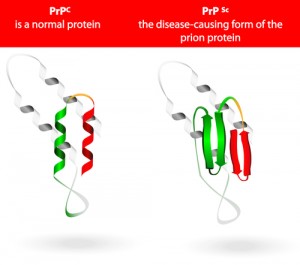New CF Therapies Possible Based on Research Into Protein Folding
Written by |

 In a recent study entitled “Modulation of the Maladaptive Stress Response to Manage Diseases of Protein Folding,” a team of researchers showed that in protein misfolding diseases, such as cystic fibrosis and Alzheimer’s disease, the cells’ response to misfolding proteins can actually exacerbate the disease phenotype. The study was published in the PLOS Biology journal.
In a recent study entitled “Modulation of the Maladaptive Stress Response to Manage Diseases of Protein Folding,” a team of researchers showed that in protein misfolding diseases, such as cystic fibrosis and Alzheimer’s disease, the cells’ response to misfolding proteins can actually exacerbate the disease phenotype. The study was published in the PLOS Biology journal.
Protein folding to correct shape is a critical step for their proper function and location within cells, a process referred to as protein homeostasis. This process is achieved by screening pathways that maintain proteins in their correct form, such as the heat-shock response (HSR). Several human diseases have a genetic cause that usually leads to the lack of a protein or to its incorrect folding (misfiling), which prevents the protein from performing its normal function. Diseases associated with both protein loss-of-function or gain-of-toxic-function include cystic fibrosis and Alzheimer’s disease, respectively. Therefore, drug development remains focused on how these proteins can be properly folded so as to reverse the effects of the disease.
In the study, the scientists working at The Scripps Research Institute (TSRI) discovered that the cells may respond to misfolding proteins by sustaining an activated HSR. This attempt to counteract the misfolding accumulation leads to an additional stress to the cells. Thus, having a stress signaling pathway permanently activated triggers the accumulation of more misfolding proteins, resulting in worsening of disease symptoms. These findings were discovered when the authors analyzed different patient-derived cell lines and primary epithelium from misfolding diseases, including alpha-1-antitrypsin deficiency (AATD), Niemann-Pick type C1 disease (NPC1), Alzheimer’s disease (AD), and cystic fibrosis (CF) as well as diseased mouse models and even Caenorhabditis elegans.
[adrotate group=”1″]
The team performed additional studies and showed that by down-regulating what the authors called a maladaptive stress response (MSR), cellular protein homeostasis was restored and disease symptoms improved in diseases such as cystic fibrosis and Alzheimer’s disease, but also in Niemann-Pick disease and alpha-1-antitrypsin deficiency disorder.
The authors thus suggest that targeting maladaptive stress response (MSR) has potential therapeutic effects in human diseases characterized by protein misfolding.
Professor William E. Balch, PhD, and study senior author noted, “In general, it appears that the chronic production of misfolded proteins can lead to this ‘maladaptive stress response,’ as we call it,” said Balch. “Reducing the maladaptive stress response as a first line of defense could have an important impact on the progression and pathology in many diseases—from cancer to viral infections.”






